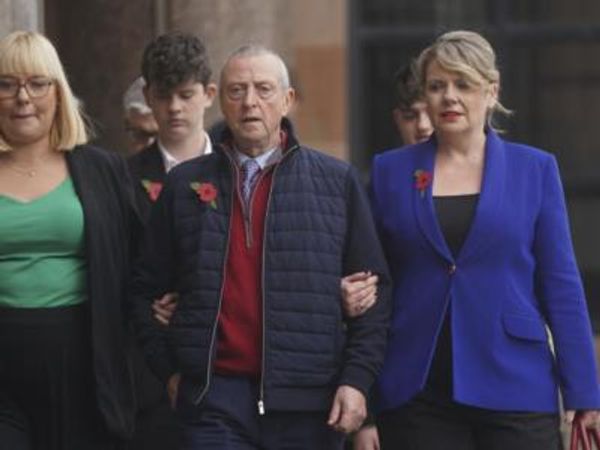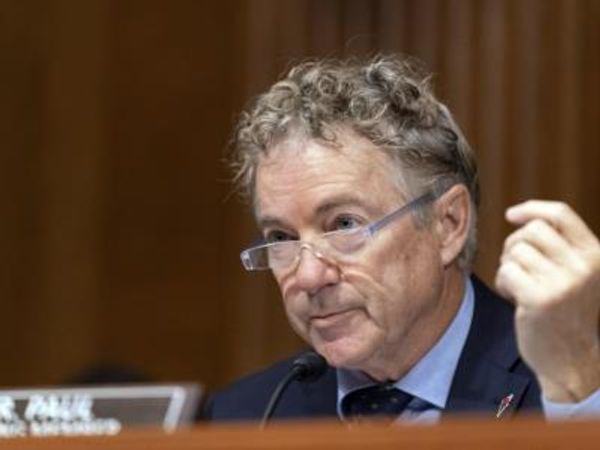
Seoul (AFP) - North Korea sent "warm congratulations" Friday to ally China ahead of the opening of the Beijing Winter Olympics, a message analysts said likely signals it will stop test-firing missiles during the event.
Pyongyang conducted an unprecedented seven weapons tests in January, including launching its most powerful missile since 2017 as it hinted it could restart long-range and nuclear testing.
The sabre-rattling raised tensions on the Korean peninsula and forced Beijing -- Pyongyang's main diplomatic ally and economic benefactor -- to block a US push for new UN sanctions over the barrage.
North Korea is barred from competing at the Beijing Games, which have been clouded by human rights and coronavirus concerns and subject to a diplomatic boycott by Washington and its allies.
On Friday, state media in North Korea reported leader Kim Jong Un "warmly congratulated" China's President Xi Jinping on successfully opening the Beijing Winter Olympics "despite the worldwide health crisis and unprecedented severe circumstances".
"The Olympic torch flaring up in Beijing clearly proves that no difficulty and challenge can ever prevent the Chinese people from vigorously advancing," Kim’s message said, according to state-run KCNA.
North Korea's string of sanctions-busting weapons tests in January would have made Beijing "very uncomfortable", Cheong Seong-chang of the Center for North Korea Studies at Sejong Institute told AFP.
"But as Kim Jong Un sent a congratulatory message to Xi Jinping today, China can now expect that Pyongyang will refrain from weapons tests during the Olympics," he said.
It is "highly unlikely" Pyongyang would "annoy" Beijing by test-firing a missile during the Olympics, said Yang Moo-jin, a professor at the University of North Korean Studies.
"China clearly doesn't want any military tension during the Games.Also, the UN has urged all countries to observe a truce during the Olympics -- which adds another layer of pressure," he said.
IOC suspension
North Korea stayed away from last year's pandemic-delayed Tokyo Olympics, refusing to send its athletes over Covid-19 concerns.
The International Olympic Committee punished the no-show by suspending it from competing in the Beijing Winter Games.
Despite being barred, North Korea has depicted its absence as the result of the pandemic and "hostile forces".
The IOC said in September 2021, when announcing the punishment, that Pyongyang had rejected all coronavirus safety proposals -- including the provision of vaccines -- ahead of the Tokyo Olympics.
North Korea imposed a rigid Covid-19 blockade -- among the strictest in the world -- in the early days of the pandemic and has barely eased it since.
The country's absence from Beijing marks a huge shift from the 2018 Winter Olympics in South Korea, where it had the attention of the world.
Leader Kim Jong Un's sister attended the Pyeongchang Games as his envoy in a blaze of publicity, and South Korean President Moon Jae-in seized the opportunity to broker talks between Pyongyang and Washington.
But negotiations between Kim and then US president Donald Trump collapsed in 2019 and have languished ever since, as Pyongyang doubles down on efforts to modernise its military.







